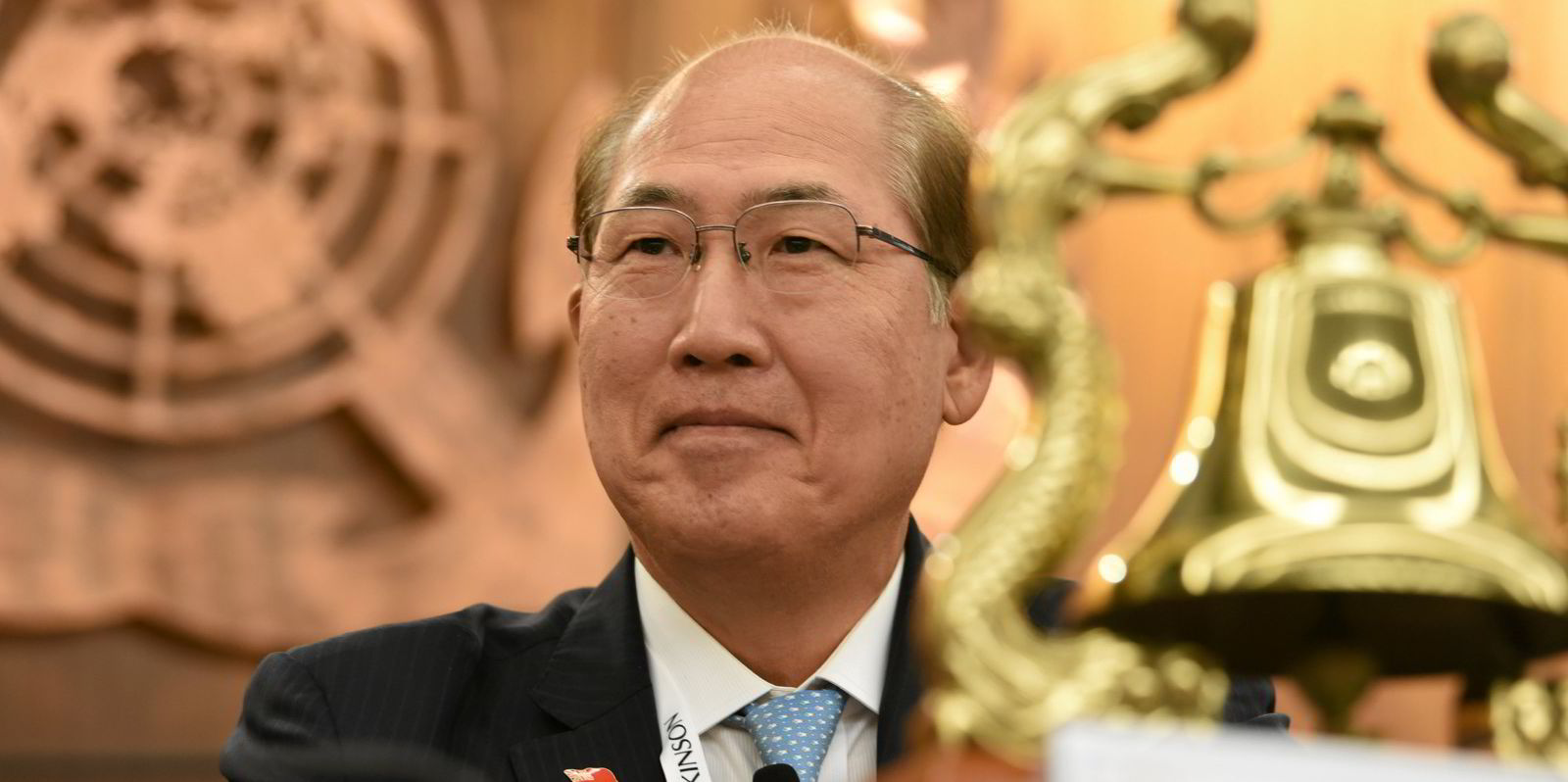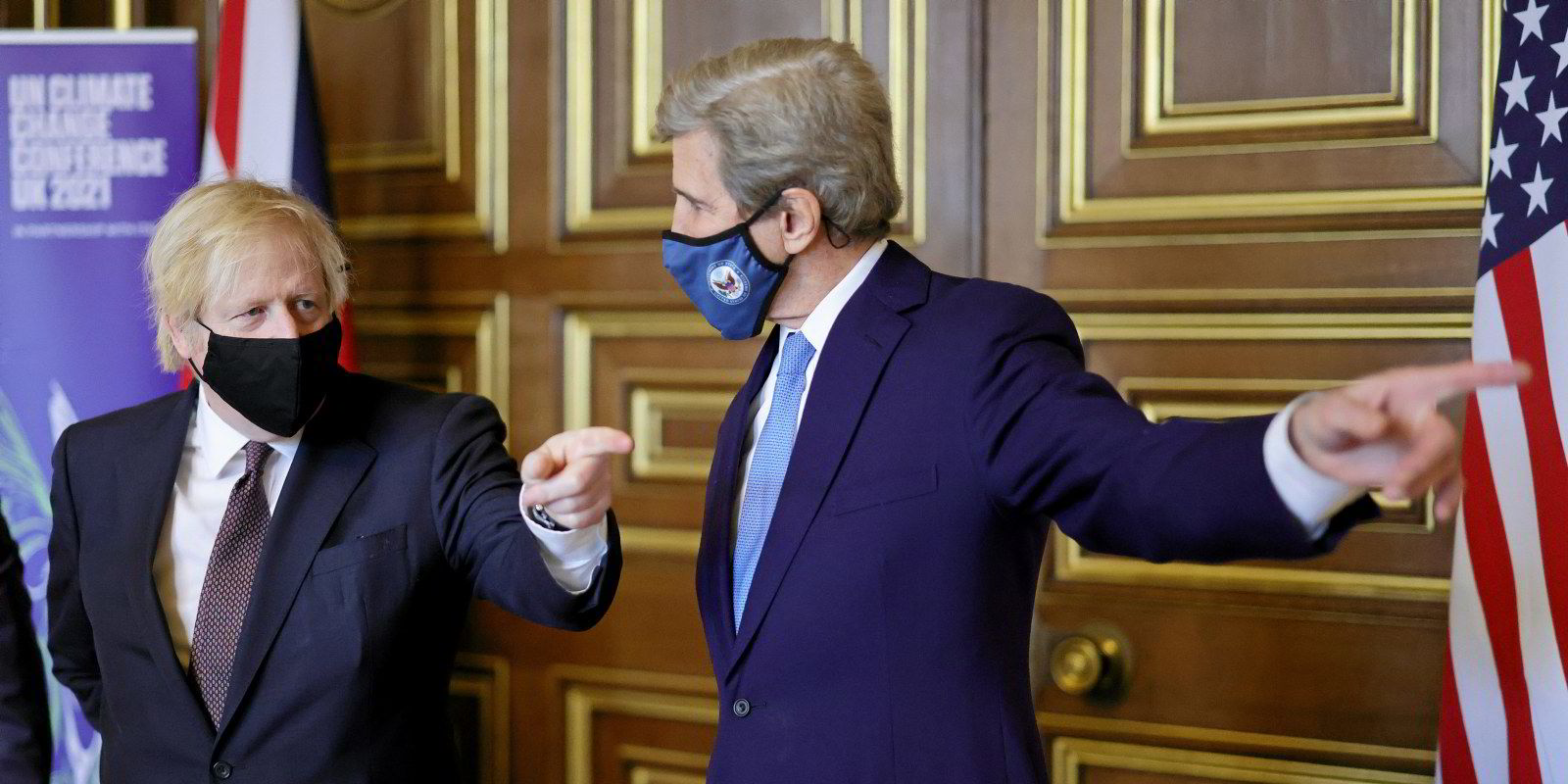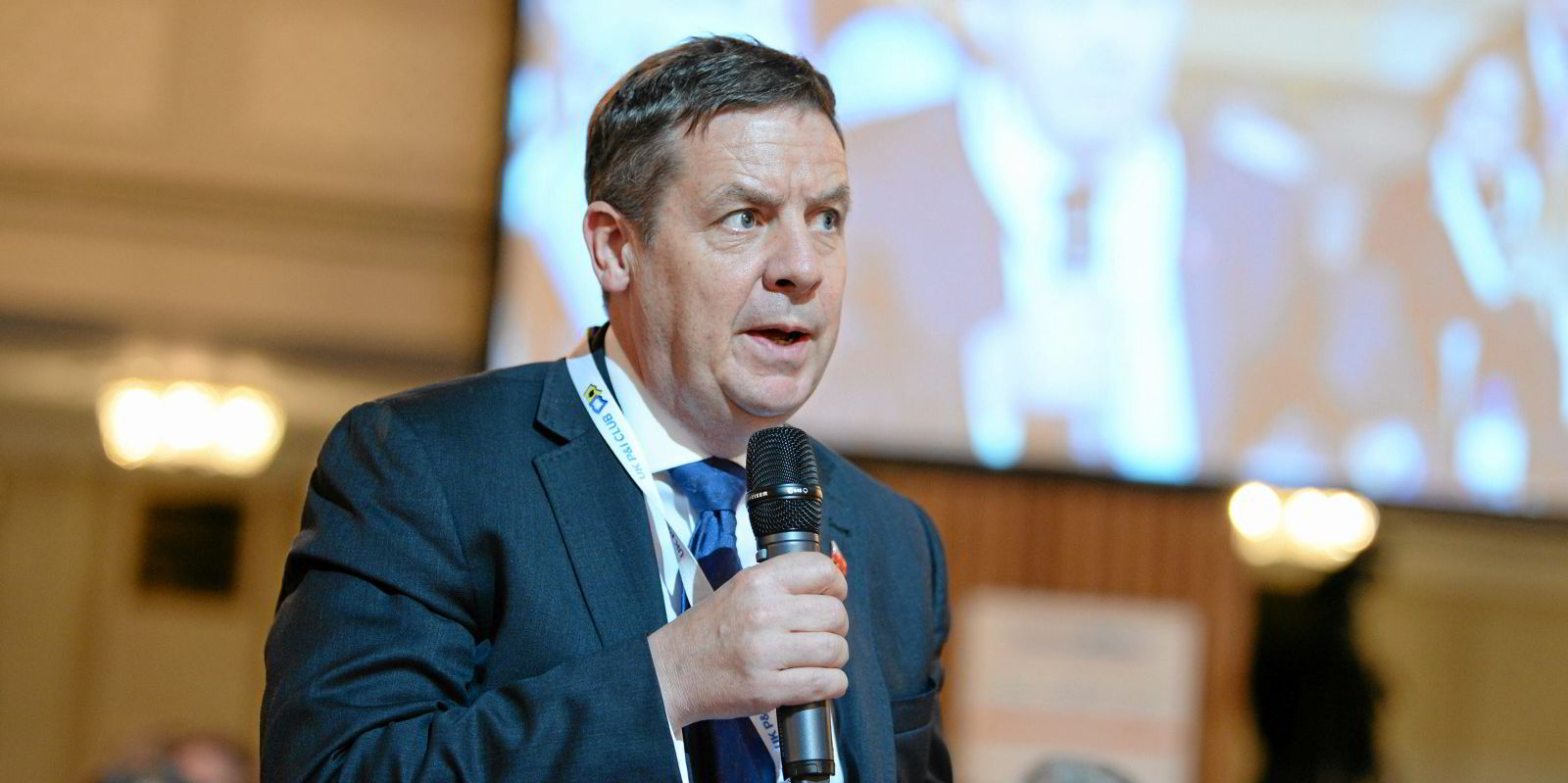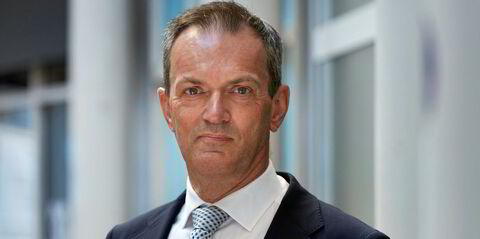As officials prepare for the the COP26 climate conference, some in the shipping industry are concerned the International Maritime Organization's central role in decarbonising shipping could face a threat.
International Chamber of Shipping (ICS) deputy secretary general Simon Bennett told TradeWinds that the shipowners group is worried that the Glasgow meeting could advance a piecemeal regional approaches to tackling the industry's greenhouse gas emissions rather than a global, IMO-centred process.
That, he said, will lead to chaos and uncertainty, in addition to undermining efforts to decarbonise.
"At the really high level, ultimately what we are really concerned about is IMO ultimately losing leadership on greenhouse gas issues," he said.
"We are a global industry and we require global rules."
Bennett pointed out that criticism of the IMO at COP26 for a lack of process, since the IMO is comprised of the same member states as the UN climate conference.
But there is a disconnect with environmental officials at events like COP26 and the transport officials at IMO, who are more aware of shipping's unique challenges, Bennett said.
The ICS isn't alone in worrying about the IMO's role a the centre of shipping's decarbonisation efforts, particularly after the European Union decided to include the industry in its Emissions Trading System starting next year.
Bangladesh, China, India and Panama, for example, have come together to argue in favour of a global framework, rather than unilateral actions by various individual countries.
"The alternative unilateral regulatory regimes spreading across different parts of the world would result in disruption to trade, commercial inefficiency and market distortion," they said in a submission to the IMO.
However, shipping experts noted that IMO action on environmental matters have often followed regional, bilateral or national efforts.
"What have we got to fear from regional or bilateral action?" said Katharine Palmer, the UN climate champion for shipping.
She said regional or national action can work in parallel with international action. At these early stages of shipping's decarbonisation, such efforts can advance decarbonisation through plans focused on domestic shipping fleets, provide technology learnings or create a policy environment for innovation.
Faig Abbasov, the shipping programme director at green group Transport & Environment, said worries of patchwork regulations and insistence on exclusive reliance on the IMO are excuses to derail shipping's decarbonisation.
Regional measures such as those by the EU "are essential to fill the gap constantly left behind the IMO and supercharge the deployment of sustainable alternative fuels and technology in the sector", he said.
Read more
- COP26 fuels debate over IMO role at heart of shipping's carbon effort
- After COP26, IMO to weigh calls to shift to zero-carbon goal
- This time really could be different — shippers will pay to cut carbon
- ICS joins call for net zero by 2050 but urges swift IMO action
- Mark O'Neil on shipping's carbon summit: 'Too little, too late'





